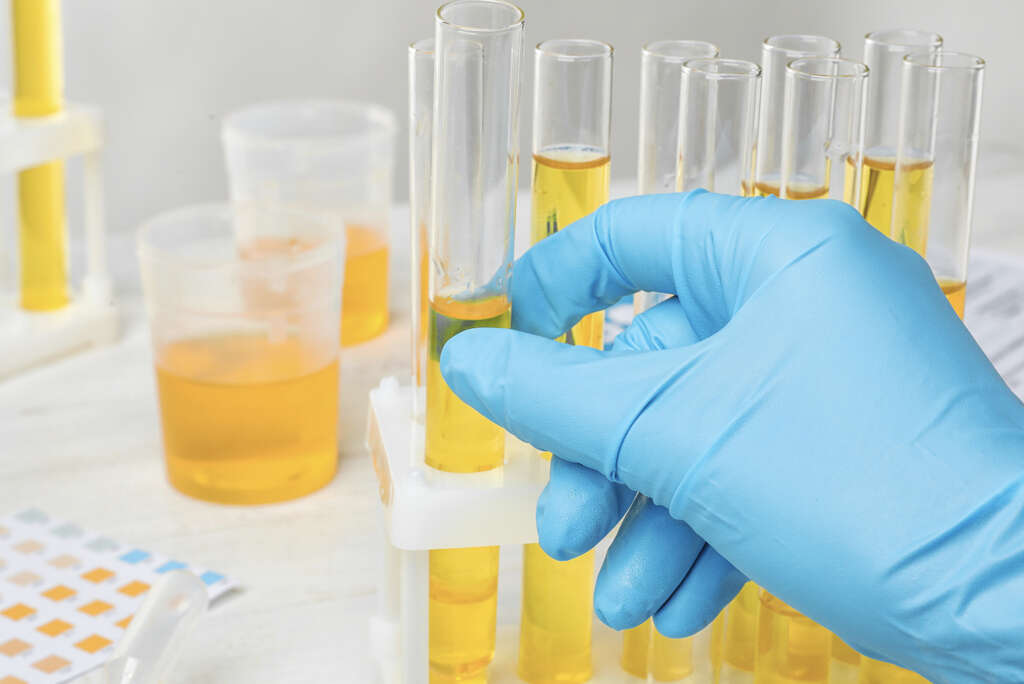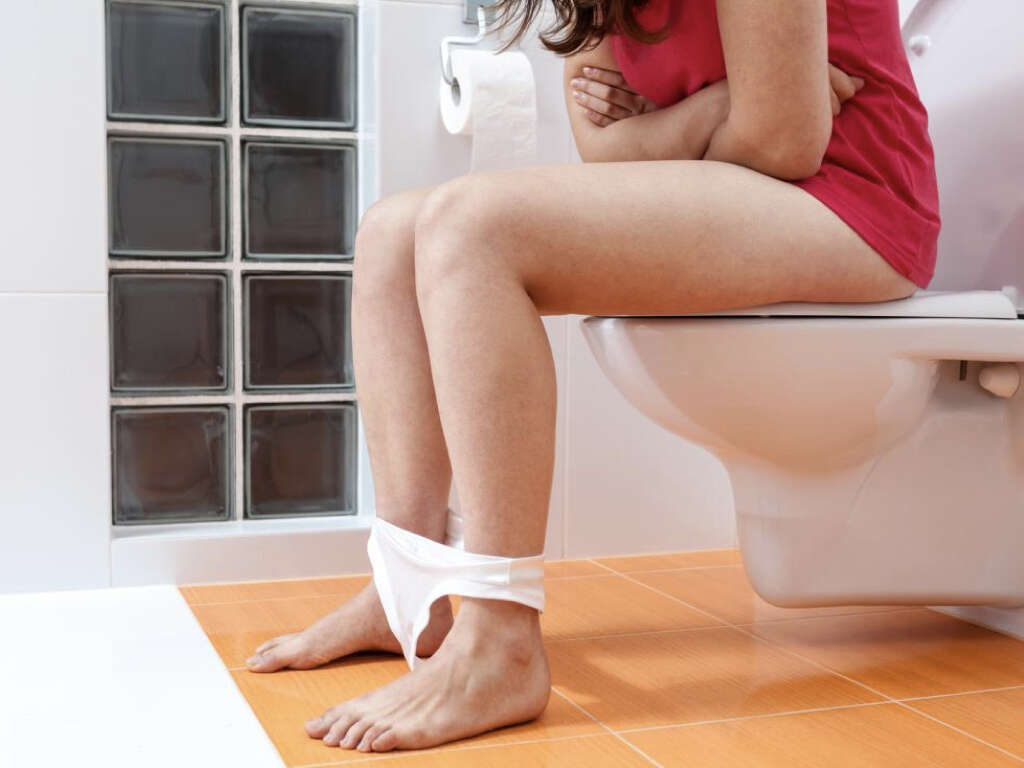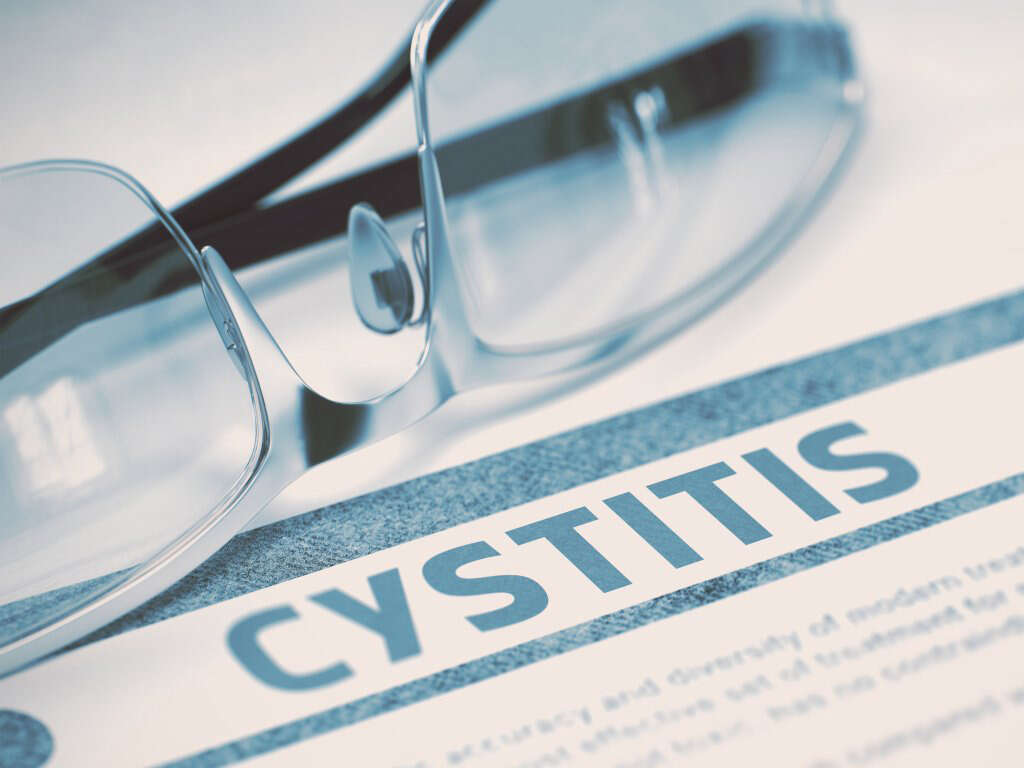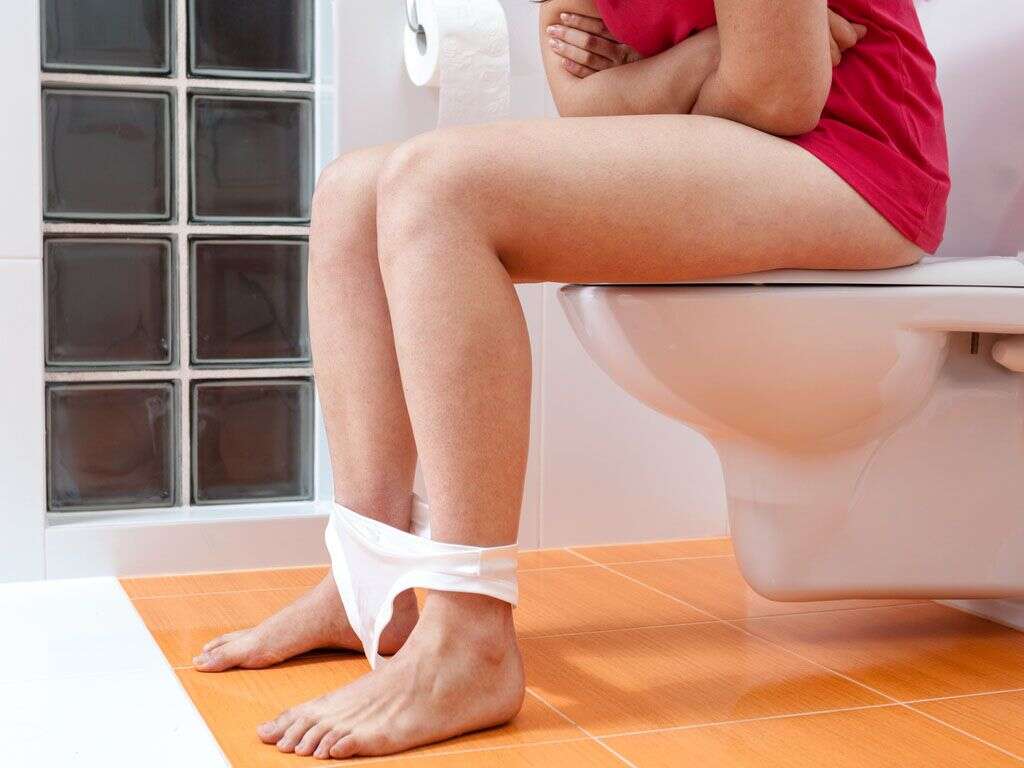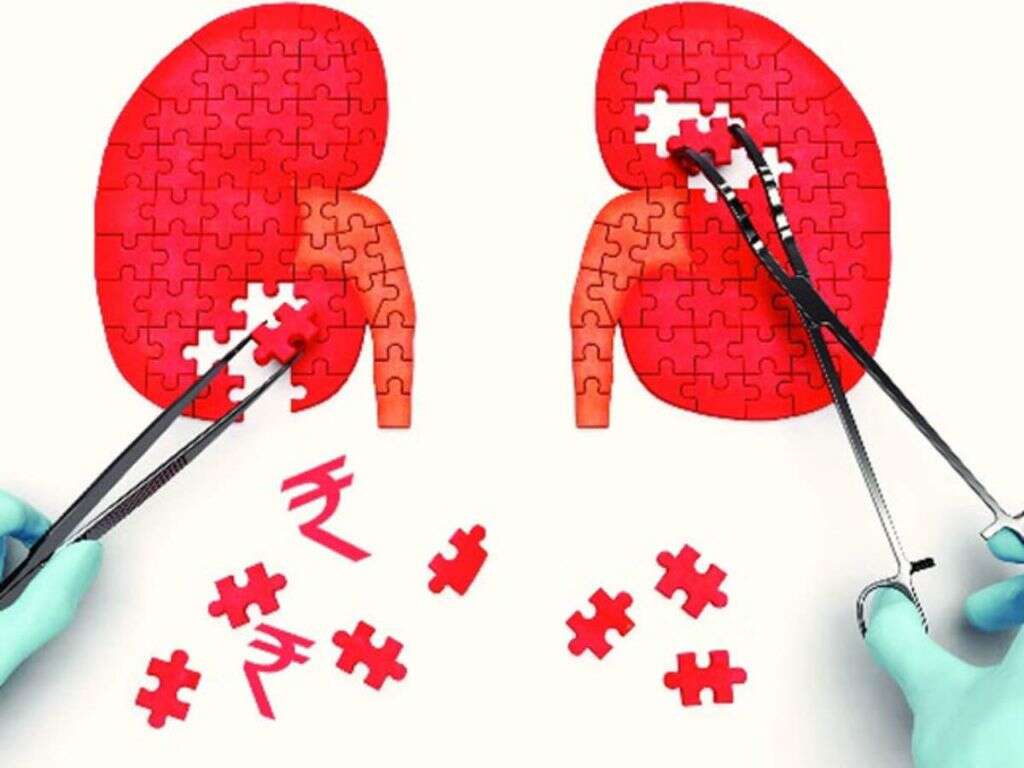What Is Interstitial Cystitis?
7. Diagnosis
Your doctor will need to know about your symptoms, and about your family’s medical history. They may also need to perform a brief physical exam. Your doctor may also ask you to keep a diary with details including what you eat and drink, how much urine you pass, and what your symptoms are.
Tests may also need to be performed, and this will often mean a urine test. This can help experts to look for signs of infections and other conditions like cancer. A pelvic exam may also need to be performed, and a cystoscopy may also be deemed necessary. They may also wish to perform a potassium sensitivity test, and a biopsy may also be performed.
Advertisement
